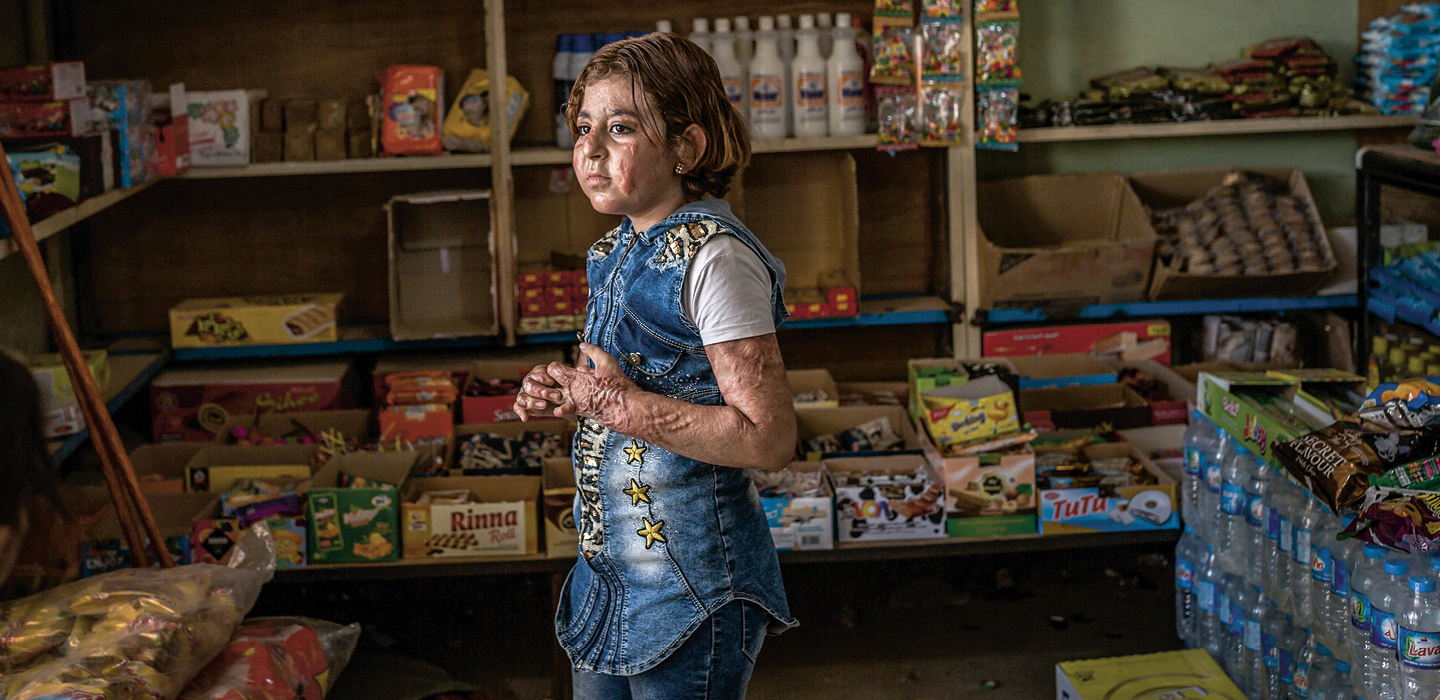When he was 8 years old, Muhammad says, he watched as fighters from the Islamic State dragged his father from their house in the Iraqi city of Mosul and shot him dead in the street.
“I was crying and screaming to leave him alone, to leave my house,” says Muhammad,* now 10. “But they didn’t listen.”
After the militants seized his mother, Muhammad and his two younger brothers and sister ended up at the city’s orphanage. They’re among the tens of thousands of Iraqi children who lost their parents under the brutality of the Islamic State (also known as ISIS) and the battle to retake Iraqi territory from its rule. And they’re at risk of becoming forgotten casualties of the war.
“These children, they have suffered the most,” says Amal Abdullah, the deputy director of the Mosul orphanage. “It’s our duty now to try to return some happiness and comfort to them.”
When he was 8 years old, Muhammad says, he watched as fighters from the Islamic State dragged his father from their house in the Iraqi city of Mosul and shot him dead in the street.
“I was crying and screaming to leave him alone, to leave my house,” says Muhammad, now 10. “But they didn’t listen.”
Then the militants seized his mother. Muhammad and his two younger brothers and sister ended up at the city’s orphanage. They’re among the tens of thousands of Iraqi children who lost their parents under the brutality of the Islamic State (also known as ISIS) and the long battle to take back Iraqi territory from its rule. And they’re at risk of becoming forgotten casualties of the war.
“We all have seen so much suffering in these past years; each one of us has our own tales of loss,” says Amal Abdullah, the deputy director of the Mosul orphanage. “But these children, they have suffered the most. It’s our duty now to try to return some happiness and comfort to them.”

